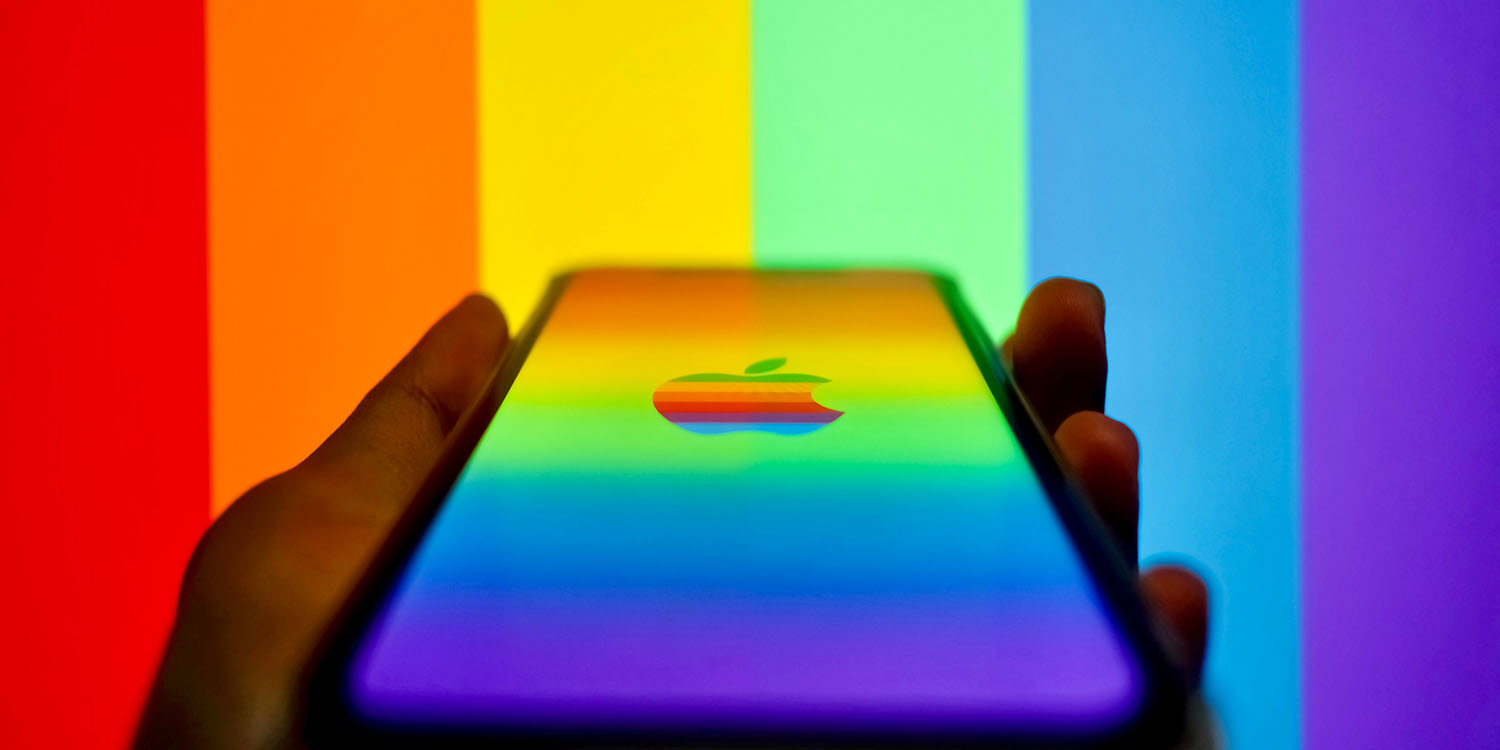
If you’ve ever done an Apple Trade In of an old device when buying a new one, you may have briefly wondered what happens to it after you leave the store.
We’ve previously had a look at the post-Trade In experience for a major US carrier, and a new report gives us a similar behind-the-scenes look at what happens to devices traded in through Apple itself …
The Apple Trade In process
While Apple has offered a trade in program for many years, the company drew more attention to it back in the spring, when it launched a new Apple Trade In website.
Trade in. Upgrade. Save. It’s a win-win-win.
With Apple Trade In, you can get a great value for your current device and apply it toward a new one. And you can do it all online or at an Apple Store.
The “great value” part of that pitch is a little, uh, optimistic: the values Apple offers are well below those you’d achieve by selling privately. But the real selling-point is the sheer convenience of the process. You can simply add your trade in device during the checkout process, and Apple deducts the value from your order, and sends you a prepaid shipping package to return it.
What happens to your device?
When you trade in your device through the Apple program, it’s actually an Irish company called Alchemy which takes ownership of it, and passes on a share of the proceeds to Apple.
TNW reports that Alchemy managed to win Apple’s trade in business three years ago, despite having just four employees and $2.5M in pre-seed funding!
After you trade in your device it will, in most parts of the world, be sent to one of Alchemy’s 60 warehouses located throughout Europe, Asia, and the US.
“When you trade in an Apple device it’s Alchemy’s system that takes the title from the consumer, it’s us that has the second-hand dealer licence, it’s us that receives it and ensures that it’s data safe,” says the company’s chief marketing officer James Murdock.
As you’d expect from a privacy-focused company like Apple, that “data safe” part is key.
The first thing Alchemy does is use specialised software to swiftly wipe all previous user data from the device and reset it to factory settings. Because Alchemy handles highly sensitive consumer data they have to be extremely rigorous. Apple audits the firm every six months. “It’s a pretty serious business as you’d imagine,” says Murdock.
Next up is a full diagnostics test to identify any faults, and determine whether or not they can be economically repaired. If not, the Apple-designed iPhone recycling robot gets fed, and the materials recycled.
But that’s rare, says the company: more than 99% of the trade ins it received are refurbished.
Another key piece of software is Apollo, which scans prices for used Apple devices, determines trends, and predicts future pricing.
Some of the stock is then sold on Alchemy’s own Loop Mobile site, some via smaller resellers, and the rest through major retailers, including Amazon, Walmart, and Back Market.
Murdock says the business is feasible because Apple devices hold their value so well, even years later.
Despite being a six-year-old phone, Alchemy still sells a whopping 15,000 iPhone 8’s every single day.
Photo: Surasak_ch/Unsplash
FTC: We use income earning auto affiliate links. More.





